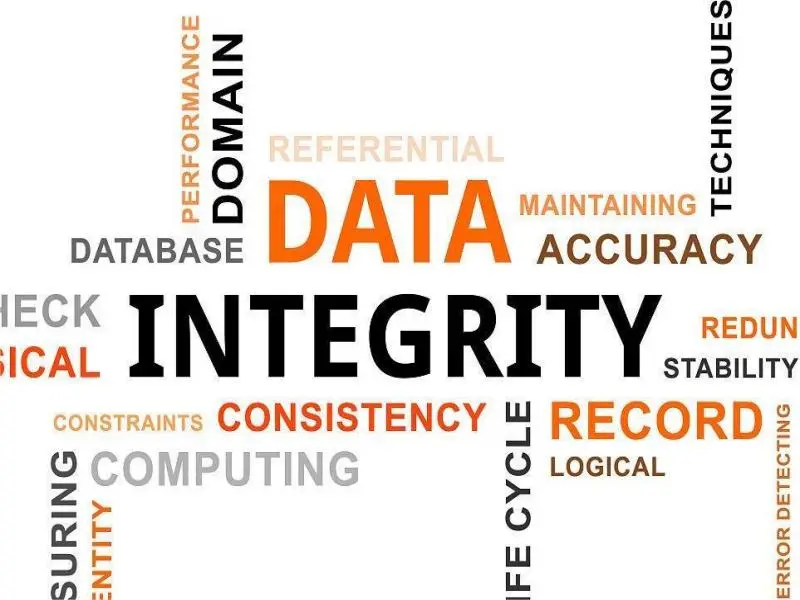- Data integrity refers to the accuracy, consistency, and reliability of data over its entire lifecycle.
- In the digital age, where data is the lifeblood of organisations, ensuring its accuracy and reliability is paramount.
What data integrity means
Data integrity is the guard of data and it keeps data consistent and trusted. It makes sure data is complete and correct and it does not change without reason. It shows the real facts that the data is made to show. Data integrity means the accuracy and quality of data during its whole life and in every format. It is a process that goes on all the time. It uses rules for data, checks at the start, and controls for access so no one can change it without right. Data integrity builds trust with users and helps meet rules from the law. It also gives true results in data study and it helps reduce risks. When a company puts data integrity first it can keep its data trusted and it can make good choices and it can grow in a world that runs on data.
The importance of data integrity is seen in many parts. It keeps the trust of people who use data like customers and staff and partners. Many fields have rules that say data integrity must be safe and if not safe the company may get fines and lose its name. Good data is the base for right choices and it lets a company act with true facts. It also keeps work smooth and it lowers the risk of mistakes that waste time and money. Data integrity is part of data safety and it stops people from changing data without right. In big data use it is key because the facts and trends must be true and ready to use.
Also read: Encryption’s role and limits in ensuring data integrity
How to keep data integrity safe
There are many ways to keep data integrity safe. A company can check data at the start to make sure it is right. It can use access rules so only the right people can change data. It can make checks often to find mistakes and fix them. It can also keep strong backup and recovery so data can go back to its first state if it is lost. It can use tools like databases, locks, and codes to keep data safe. It can also teach staff about why data integrity matters and how to keep it safe. These steps help a company keep data trusted and they help meet rules and they build trust with all people who use the data.
Also read: What can jeopardise data integrity throughout its lifecycle?

